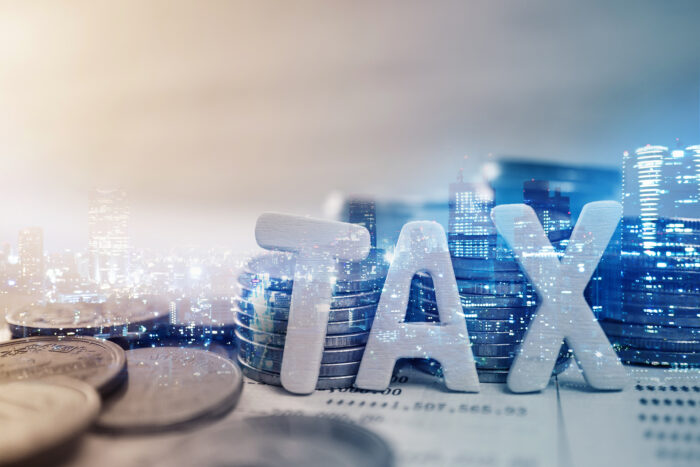
South Korea’s economy has been growing rapidly in recent years. Officially considered one of the largest economies in the world, it is also a country that can surprise you with its diversity and encourage you to visit with its exotic climate.
Expanding your business to South Korea can bring new revenue into your company and contacts to start selling new types of products and services. What taxes apply in the country? Here is a quick South Korea tax guide.
Tax residency in South Korea
In South Korea, your obligations are determined by whether you are known to be a tax resident. Residents are responsible for their income, regardless of the country in which they earned it.
Therefore, worldwide company profits are taxed. Non-residents, on the other hand, only pay taxes earned in Korea, i.e. when income is paid or transferred within Korea. Double taxation treaties also contain important regulations.
These allow tax paid in a foreign country to be offset against tax charged in the country of residence. Such agreements override local regulations. Tax credits from a foreign country can be taken into account for a maximum period of 10 years.
Personal and Corporate Income Tax

In every country, we have to factor in at least several types of tax. This also applies to South Korea. Setting up and running a business involves paying PIT, or personal income tax.
This is applied at a rate ranging from 6% to 45%, which includes 8 brackets. The lowest tax will be paid up to the limit of 1 million South Korean Won (KRW). Korea also has a CIT, or corporate income tax.
It is imposed if the limit of KRW 200 million is exceeded and the minimum rate is 9%. If revenue increases, further rates of up to 24% CIT are applied. In the case of a branch of a company that is not a separate legal entity, an income tax of 20% can be applied.
VAT and property tax
Value added tax, or VAT, is also an important issue. In South Korea, it is applied at a flat rate of 10%.
In some cases it is also possible to use a zero rate. Property tax ranges from 0.07% to 5% on an annual basis and applies to the value of land, buildings, aircraft, and ships. For the first five years of factories built in designated metropolitan areas, a tax rate of five times is applied. Tax is also imposed on the acquisition of real estate or vehicles.
A rate of between 1% and 7% is then applied, while the acquisition of residential houses by corporations incurs a tax rate of 12%.
Other Regulations Concerning Companies

Capital gains tax is usually applied at the same rate as CIT. Special treatment is given to stock transactions.
In this case, losses incurred may be deducted from taxable income. Income from the sale of land and real estate for private purposes can be taxed additionally at a rate ranging from 10% to as much as 40%.
Dividend income, meanwhile, is taxed at a rate of 15.4% and this also applies to foreign sources. In the case of employment of employees, 2 types of settlement are applied.
The tax is either collected monthly by the company from the salary paid or the employee has to declare his/her income in an annual tax return. It is also possible to use taxpayer associations, which allows monthly payments and an income tax credit of 5% with a limit of KRW 1 million per person.

This South Korea tax guide provides an overview of the country’s regulations. It is important to note that individual regulations can change quickly over time. Therefore, when running a business in South Korea, it is a good idea to use the services of a specialized accounting firm.
This way, we can ensure that all obligations are met and that we do not expose ourselves to the possibility of fines or other tax penalties under the laws of the foreign country.














